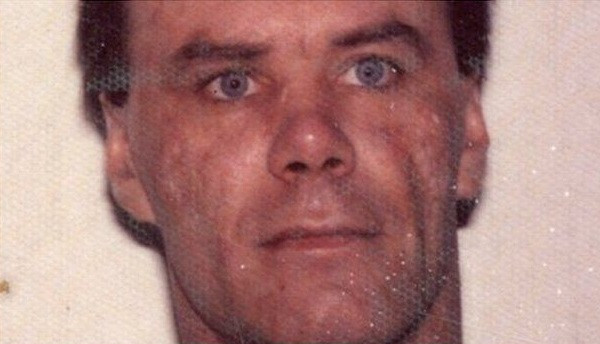Sam Hallam and Victor Nealon could resort to EU law to reignite bid for wrongful prison compensation

The High Court ruling that denied Sam Hallam and Victor Nealon compensation after their respective convictions were quashed has highlighted the gap between UK and European Union law.
Hallam, and Nealon were set free after their respective convictions for murder and attempted rape were deemed unsafe.
Londoner Hallam was jailed in 2005 for life with a minimum term of 12 years for his alleged connection with the murder of Essayas Kassahun in 2004. He was released in 2012. Nealon, of Worcestershire, served 17 years for attempted rape but had his conviction quashed in 2013.
However, High Court judges yesterday shot down the pair's argument that UK law is incompatible with the European Convention on Human Rights because it wrongly restricts compensation in miscarriage of justice cases.

Edward Grange, partner at London law firm Corker Binning, said the judgement created a blur between UK and EU law.
"This judgement is a further narrowing of a person's ability to claim compensation after a conviction has been quashed and the lay person picking up a newspaper today might conclude they [the claimants] are not innocent," Grange said.
"The test applied to obtain compensation is whether the new or newly discovered facts show 'beyond reasonable doubt' that there has been a miscarriage of justice."
Changes brought in by the last government made it more difficult to claim compensation in the instance if a miscarriage of justice by stipulating they must prove "beyond reasonable doubt" the person did not commit the offence.
Hallam and Nealon claimed that the scheme for applying for compensation is inconsistent with Article 6(2) of the European Convention on Human Rights -- a right to a fair trial -- which presumes innocence.
However, Lord Justice Burnett and Mrs Justice Thirlwall believed the presumption of innocence also exists in UK law and provides a basis for compensation to be paid.
"Once domestic remedies have been exhausted, they could lodge an application to the European Court of Human Rights," Grange explained.
"This is not the end of the road and the issue is likely to rumble on for not only these applicants but others who are seeking compensation following their conviction being quashed."
© Copyright IBTimes 2025. All rights reserved.






















